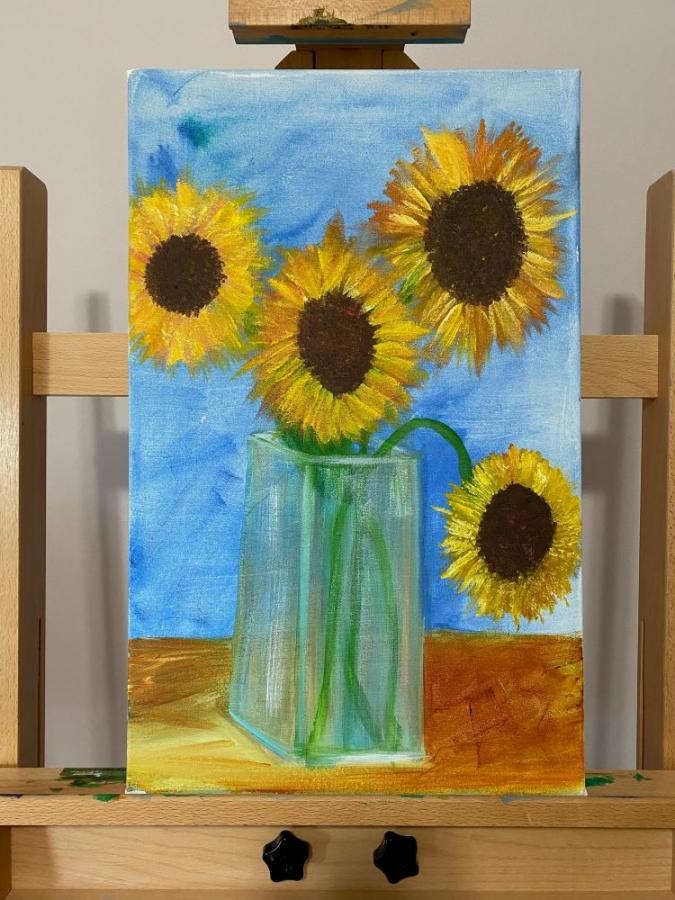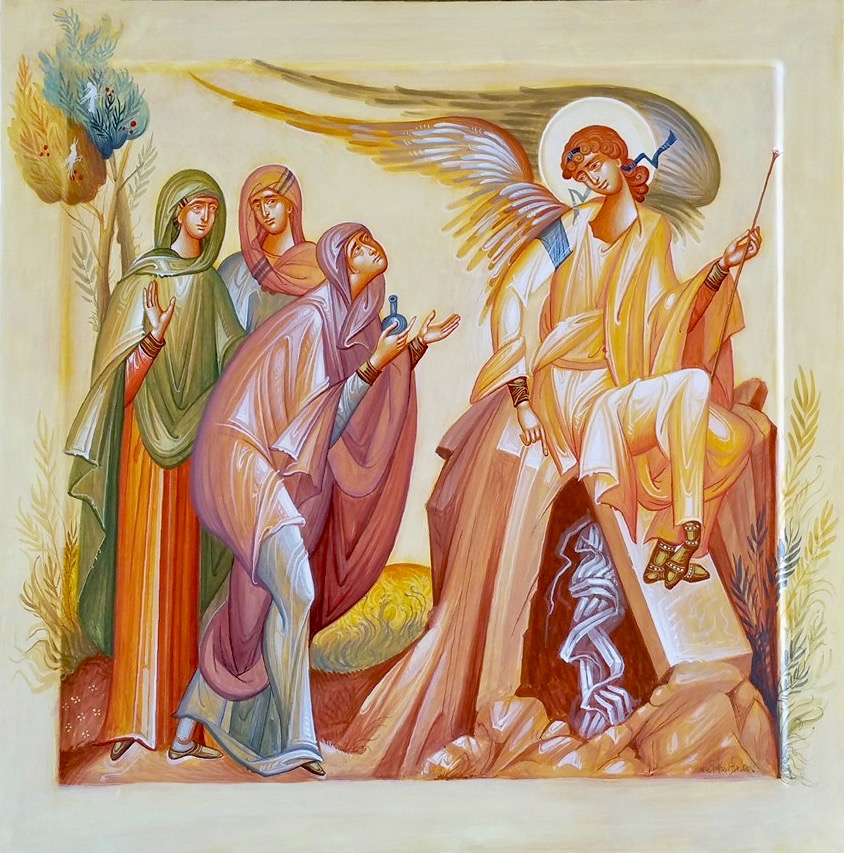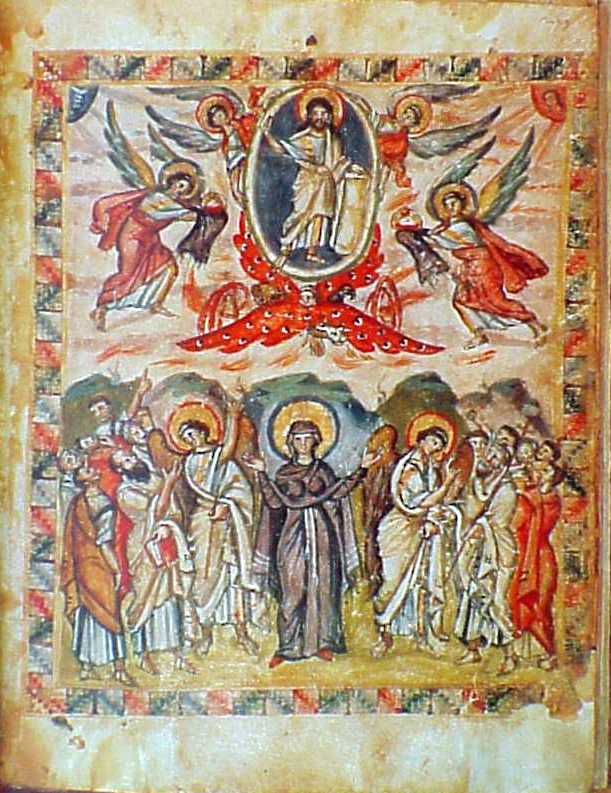Stories

I think by now we all know about Zoom fatigue—and it’s real! On Sunday evening two weeks ago, we brought together some friends and friends-of-friends from around the country for an hour of peace, fellowship, and crafting.
Axia will be heading into strategic Board planning at the end of August. This reflective process comes at a critical time as our small board works to keep up with the trends and needs of Orthodox women. Our ever-increasing reach on FB and Instagram, as well as the requests we receive for individual and community support, advice, and prayer, tells us our network is important and vital to the health of our Church and its jurisdictions in the U.S.
If I’m being totally honest, I didn’t always have a great relationship with St. Paul. I found—and sometimes still find— reading him a struggle. This is particularly as a woman. Not only are a lot of his texts are taken out of context and weaponized, but even the ones that haven’t been can still be difficult.
So many other people have written profoundly and at length about Mother Maria Skobtsova that I hesitate a little to write briefly about her here. But, as it's her feast day, I wanted to bring up an aspect of her life that might speak to you the way it did to me.
I haven't had a clear career arc. I grew up intending to be a writer, then through undergrad and beyond became a classicist, then a Modern Greek scholar, then a folklorist; taught in higher ed for a few short years, developed a freelance editing practice, spent a decade in corporate communications at massive financial services company--and now I'm one of the people behind Axia Women. Talk about zigzagging!

In the name of the Father, and the Son, and the Holy Spirit. Christ is Risen!
May 16 was the Sunday of the Myrrhbearing Women in most of our Eastern churches. The Myrrhbearing Women weren’t a thing in the Reform tradition I grew up in. I first met them in an icon in a monastery in northern Greece. In the icon, they looked like they knew what they were doing, a group of women carrying jars towards a sepulchre set in some rocks. It wasn’t until much later that I began to realize how impossible their task must have been and how terrifying it must have been to attempt it.

In her vivid description of the COVID pandemic’s brutal effects on the world’s people and societies, especially in India, her home, Arundhati Roy writes in "The pandemic is a portal": "Historically, pandemics have forced humans to break with the past and imagine their world anew. This one is no different. It is a portal, a gateway between one world and the next."


